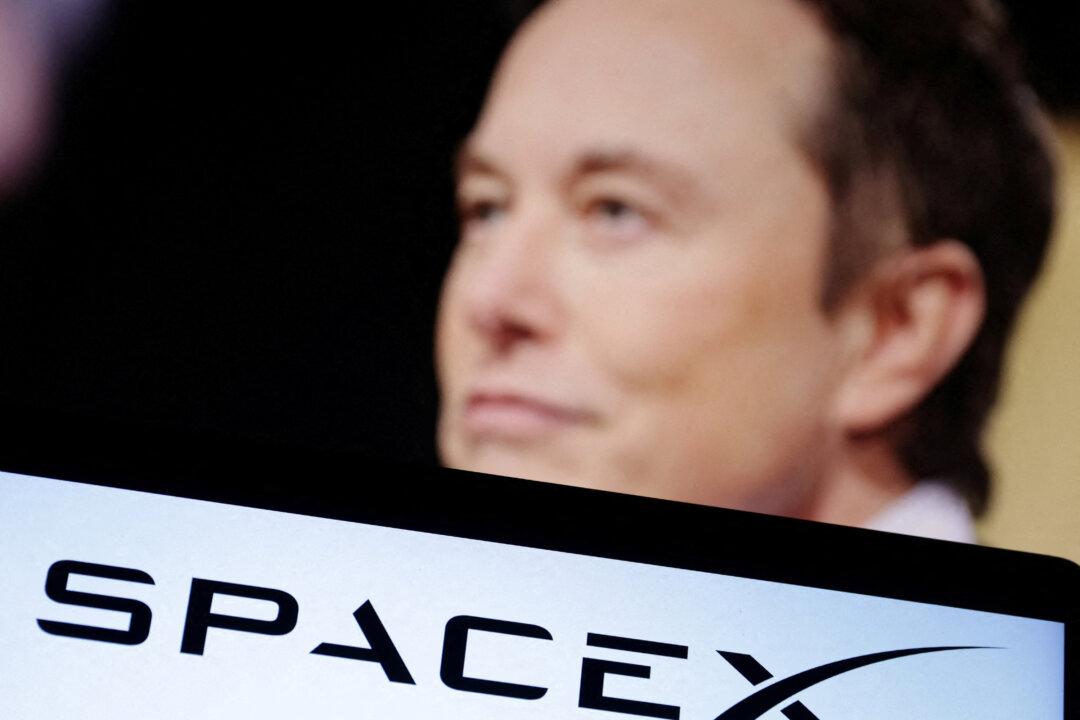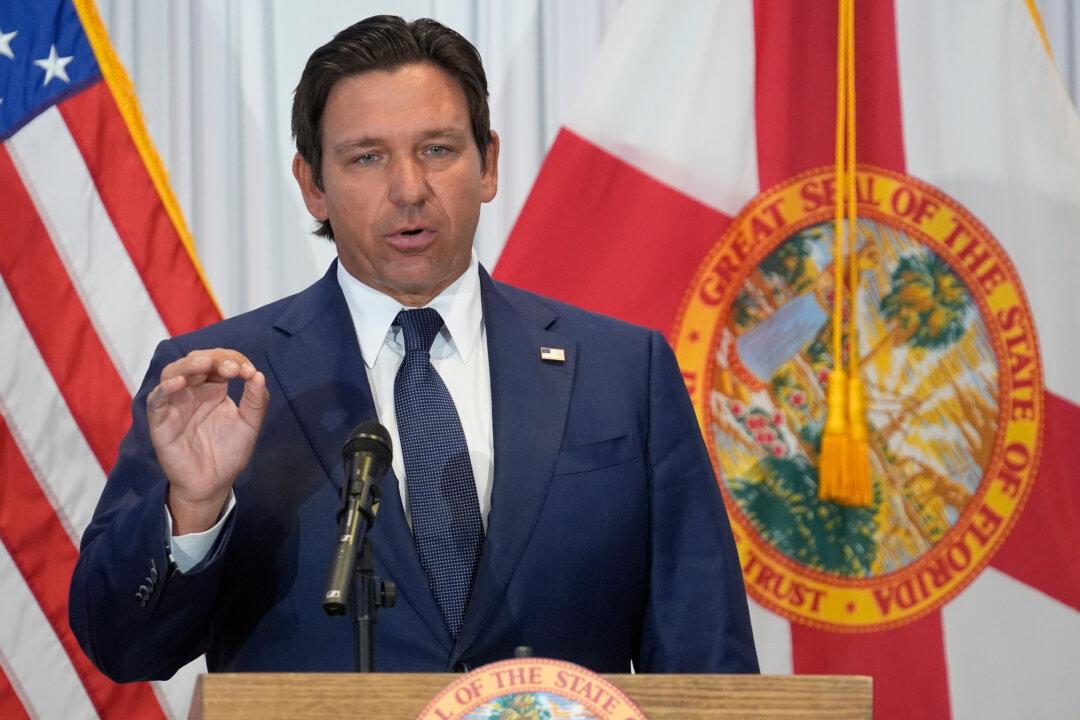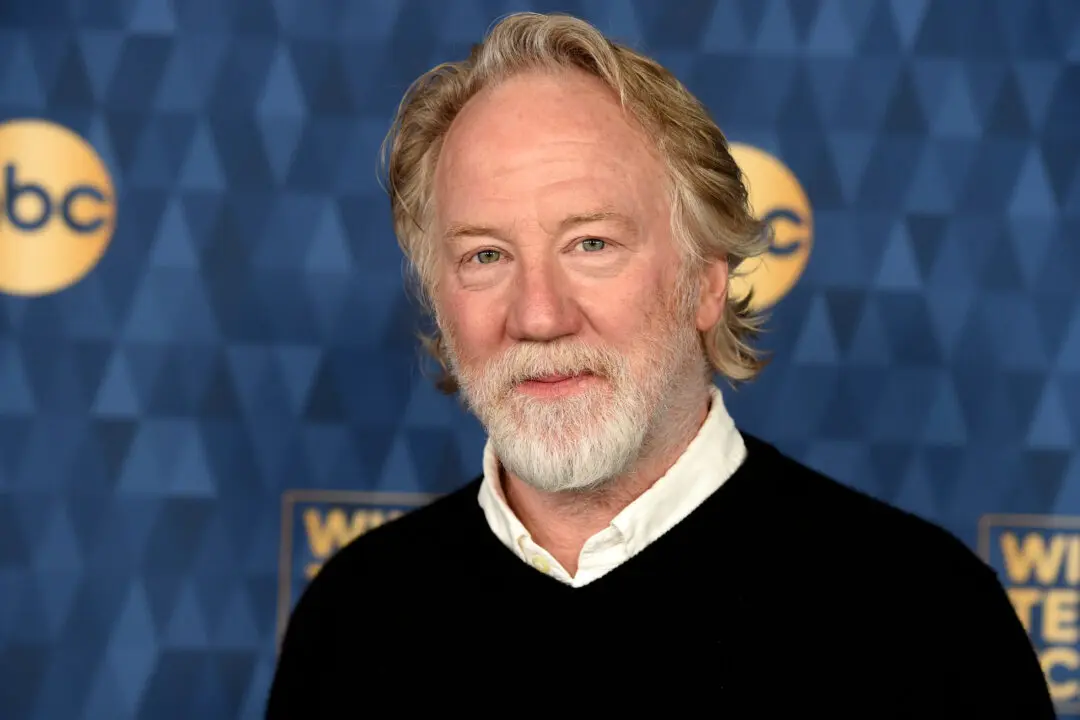Elon Musk’s recent endorsement of former President Donald Trump and certain social media posts have possibly cost his rocket company the ability to continue launching its Falcon 9 rocket from the California coast this year.
The California Coastal Commission voted on Oct. 10 to deny Musk’s SpaceX its request to make 50 rocket launches from Vandenberg Space Force Base in Santa Barbara County.





